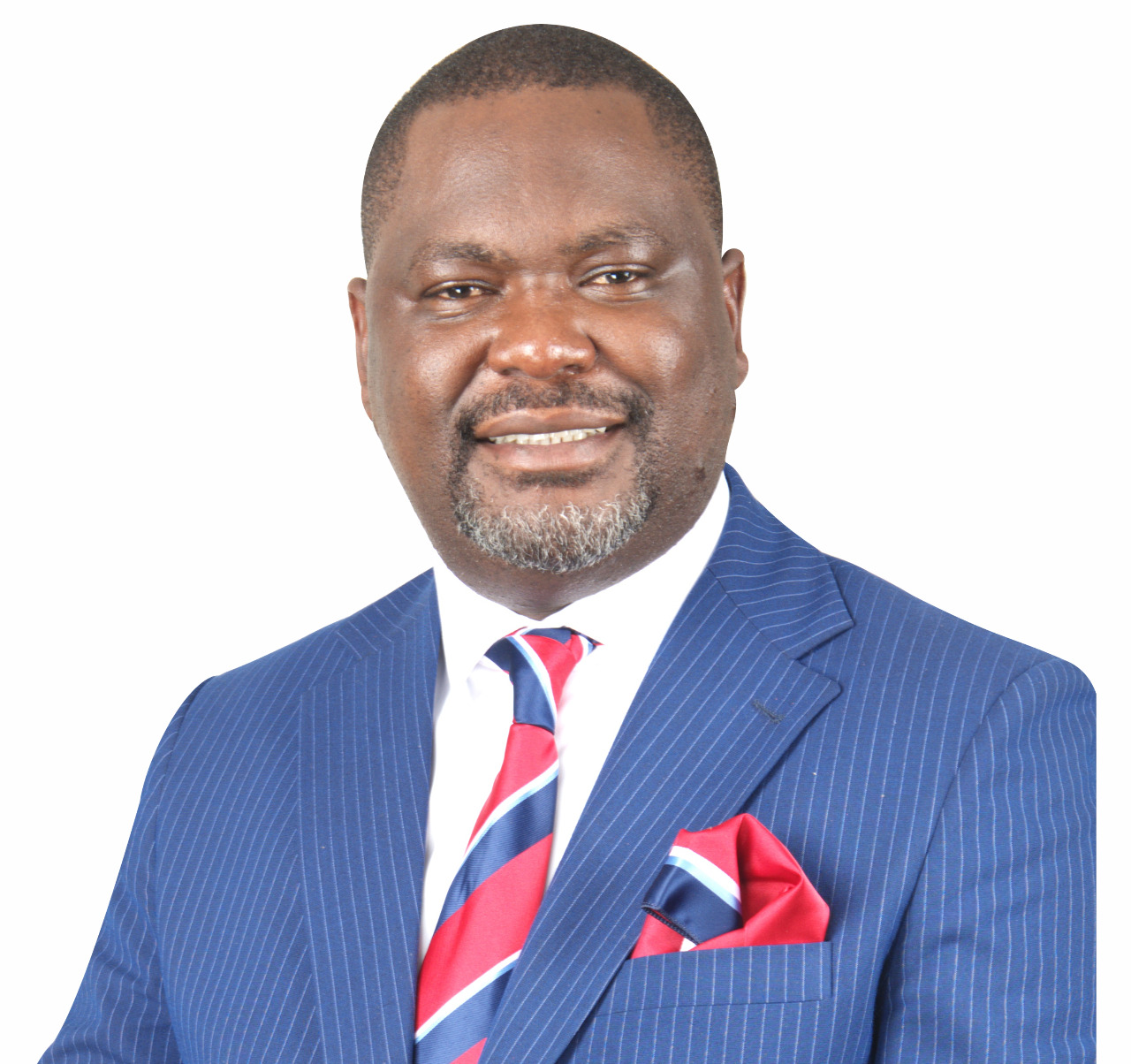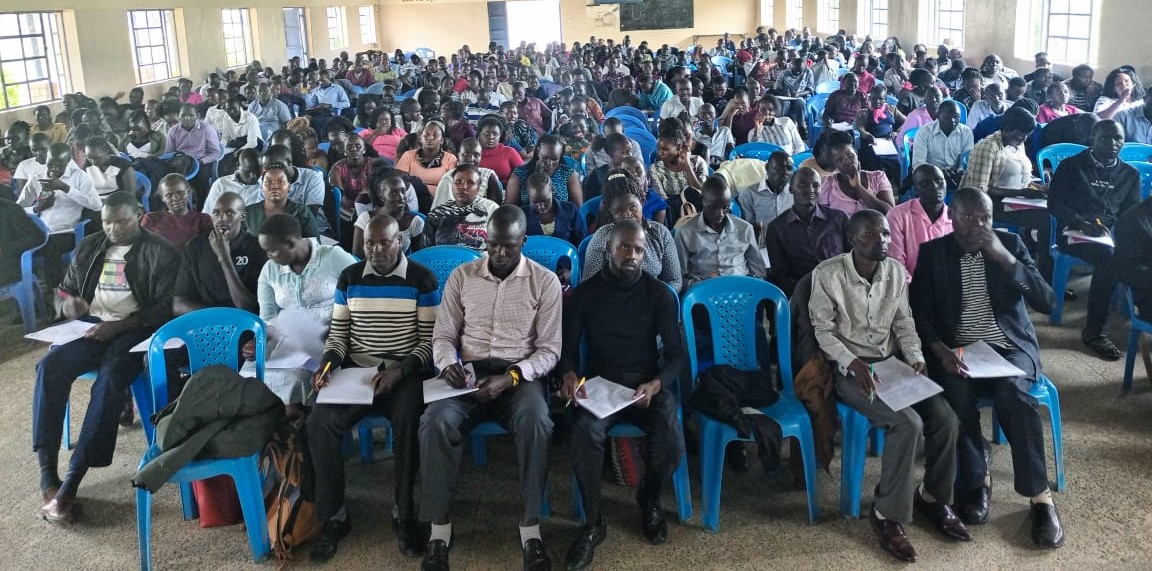A new directive from the Public Service Commission (PSC) has stunned thousands of civil servants across Kenya, particularly those holding senior roles, by setting a two-year deadline to acquire a Master’s degree or risk losing their jobs.
In a memo dated May 13, 2025, PSC announced that all officers serving as directors, under-secretaries, secretaries, principal secretaries, and principal administrative secretaries must attain a master’s degree within two years from the notice date. Failure to comply will lead to removal from office.
This policy marks a departure from the previous criteria, where promotions to senior posts were primarily based on experience and job performance—a system adopted in 2020.
The sweeping change affects thousands of staff across ministries, parastatals, and uniformed services such as the police, National Youth Service (NYS), Kenya Wildlife Service (KWS), Kenya Prisons, and other state agencies. It targets explicitly individuals serving in roles graded at CSG 5 and above.
“In view of the foregoing, the commission guides that all mandatory in-service programs for serving officers be observed in accordance with the requirements outlined in the various career guidelines. As such, a master’s degree will remain a requirement for all director positions or any roles graded at CSG5 and above,” reads the memo signed by PSC CEO Paul Famba.
The memo was copied to key officials, including Public Service Cabinet Secretary Geoffrey Kiringa Ruku, Chief of Staff and Head of Public Service Felix Koskei, and Principal Secretary for Public Service Dr. Jane Kere Imbunya.
Famba indicated that the Cabinet had reached the decision during a meeting on January 21, 2025, which recommended the reinstatement of structured performance and in-service training programmes for public officers.
“Any officer who has advanced to a higher grade without completing the requisite training for that grade shall be given a moratorium of two years from the date of this circular letter to comply,” the memo reads further.
This move is expected to pose a significant challenge for many public servants, particularly older officers in their 50s or beyond. Pursuing a master’s degree will require balancing intense academic demands with their already challenging professional responsibilities.
The directive also comes with significant financial strain. Public universities charge over Ksh2 million for most master’s programmes, and costs may be even higher at private institutions.
Adding to the concern, the government has slashed funding for training in the recently announced 2025/2026 national budget. Treasury CS John Mbadi presented estimates last week showing a cut in allocations for continuous learning and professional development in the public sector.
In the memo, Famba expressed concern about the widening skills gap among civil servants, particularly at senior leadership levels. He noted this has negatively affected service delivery across the government.
READ ALSO:
NGEC marks day of the African child with call for bold investments in children’s rights
“The Government is committed to ensuring that the public service is effective, efficient, and develops the required knowledge, skills, competencies, and a positive work ethos in its human capital,” said Famba.
He added, “However, this commitment has been undermined by the suspension of some mandatory in-service training programmes, further increasing the skills gap.”
To bridge this gap, PSC has introduced several training initiatives, including the Strategic Leadership Development Programme (SLDP), the Senior Management Course (SMC), and the Supervisory Skills Development Course (SSDC). These initiatives are designed to sharpen leadership skills across the board.
However, a large number of political appointees—especially those serving in the offices of the President and Deputy President—are reportedly lacking the required postgraduate qualifications. Many of them occupy high-level posts without having completed advanced studies, putting them at risk under the new policy.
By Joseph Mambili
You can also follow our social media pages on Twitter: Education News KE and Facebook: Education News Newspaper for timely updates.
>>> Click here to stay up-to-date with trending regional stories
>>> Click here to read more informed opinions on the country’s education landscape






